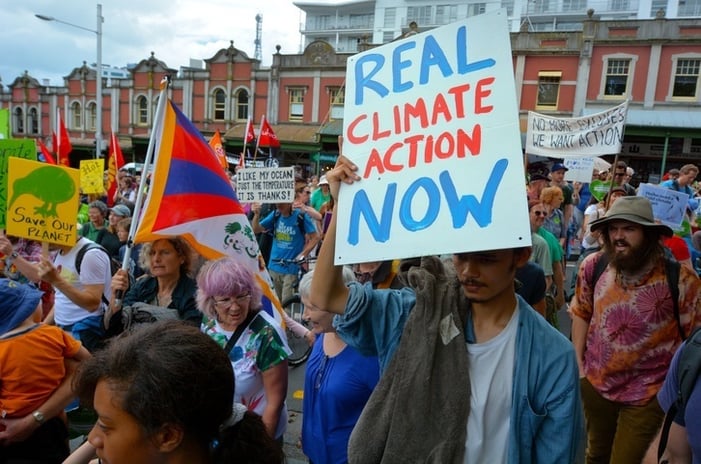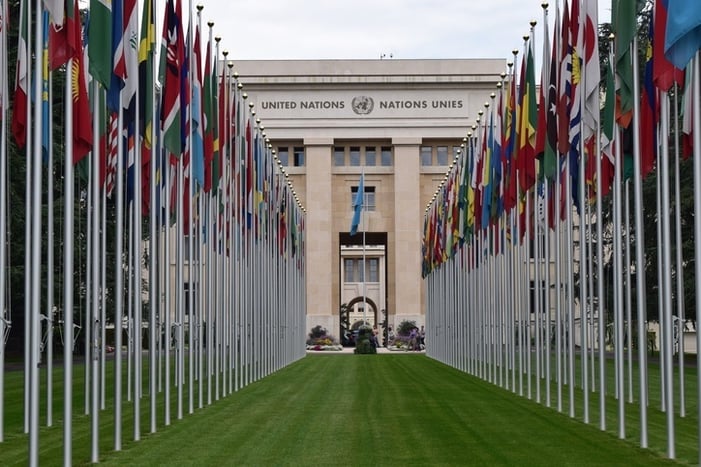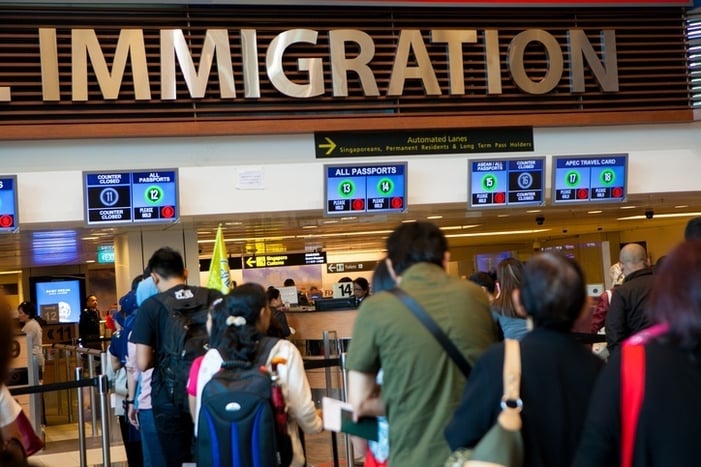
Climate change is an issue that will affect the work of many international relations professionals
As a professional interested in the study of international relations, you know that the global political landscape is affected by many different factors. These factors are not always limited to social, economic, and security concerns. Ecological events, like climate change, can also have a significant impact on the international order.
According to NASA, 2016 was the warmest year on record. As such, it seems that climate change and its rising temperatures will continue to be of concern for political leaders, scientists, and policymakers around the world. What does this mean for international relations professionals? Keep reading to learn more about some of the possible impacts of climate change, and how they relate to issues in the international relations field.
Emissions Policy Can Impact International Relations and Diplomacy
Climate change is posing significant challenges to many states in terms of energy policy and emissions reduction. The annual United Nations Climate Change Conference, for instance, brings together delegates of states adhering to the UN Framework Convention on Climate Change environmental treaty that was signed in 1992. This conference is the site of international negotiations, diplomacy, and interest expression, and often results in international agreements and declarations.
As climate change becomes a more pressing issue, and causes new levels of environmental turmoil, graduates of an online Postgraduate Diploma in International Relations course who work in international policy may find that the issue becomes more and more central to their career paths.

International organisations like the UN make contributions to global energy and emissions policy
Online International Relations PGDip Graduates Can Expect Changing Global Immigration Patterns
As the impact of climate change begins to be felt, certain countries are more affected than others. With rising sea levels and increasing instances of extreme weather conditions, people are beginning to be displaced by events caused by climate change, and many seek more stable lives in new communities and countries.
Sometimes called “climate refugees,” these individuals and groups are very relevant to the careers of many in the international relations sphere. Changes to international laws and policies regarding refugee status, immigration issues, and politic conflict that results from changing population demographics are all important consequences of this growing phenomenon that may be of interest to international relations postgraduate diploma students.

Individuals displaced by climate change will often take up residency in a new country
Environmental Disasters Pose New Challenges for International Relations Graduates
On a similar note, not all individuals who are directly impacted by environment disasters will relocate. This means that climate change can pose particular challenges to international aid agencies, NGOs, and non-profits that are concerned with providing support to individuals who are affected by these crises.
These events can give rise to a number of pertinent questions. For example, what responsibilities should countries with high emissions have to provide assistance to poorer countries affected by extreme weather events related to climate change? What preventative measures can or should the international community take to assist high-risk geographic areas to offset the damage of climate disasters? These issues will likely be relevant to many PGDip graduates as they embark on their international relations careers in the coming years.
Do you want to know more about how world events relate to international relations careers?
Contact Queen Mary Online to learn more about how our online international relations PGDip connects students to real-world issues.
.png?width=280&height=74&name=logo%20(1).png)

 Follow us on Twitter
Follow us on Twitter Like us on Facebook
Like us on Facebook